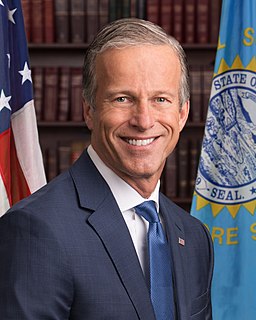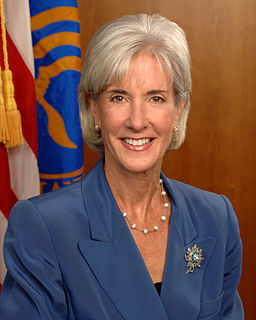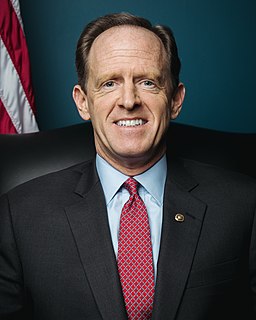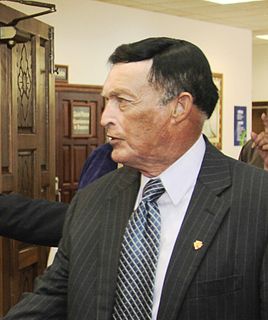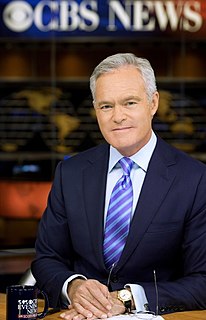A Quote by John Thune
People in the individual marketplace should have more options. The plan that we - the discussion draft that we have out, actually opens up for people who are zero percent to 100 percent of the federal poverty level, not eligible for Medicaid, would open up the opportunity for them to purchase insurance with help from the federal government.
Related Quotes
Government is taking 40 percent of the GDP. And that's at the state, local and federal level. President Obama has taken government spending at the federal level from 20 percent to 25 percent. Look, at some point, you cease being a free economy, and you become a government economy. And we've got to stop that.
I would cap the amount of federal government can spend at 20 percent of the economy. Bring it back to 20 percent or lower. And say, we are not going to spend above that level. Democrats, they want to raise your taxes and spend more and more and turn us into an economy which is no longer driven by the private sector.
I'm going to create tremendous jobs. And we're bringing GDP from, really, 1 percent, which is what it is now, and if Hillary Clinton got in, it will be less than zero. But we're bringing it from 1 percent up to 4 percent. And I actually think we can go higher than 4 percent. I think you can go to 5 percent or 6 percent.
The federal government overrules state laws where state laws permit medicinal marijuana for people dying of cancer. The federal government goes in and arrests these people, put them in prison with mandatory, sometimes life sentences. This war on drugs is totally out of control. If you want to regulate cigarettes and alcohol and drugs, it should be at the state level.
In Newark, we see a problem and want to seize it, but we run up against the wall of state government, the wall of federal government that does not have the flexibility or doesn't see problems, even. At the federal level, it's often a zero-sum game: If you win, I lose. At the local level, it's just not local that. It's win-win-win.
